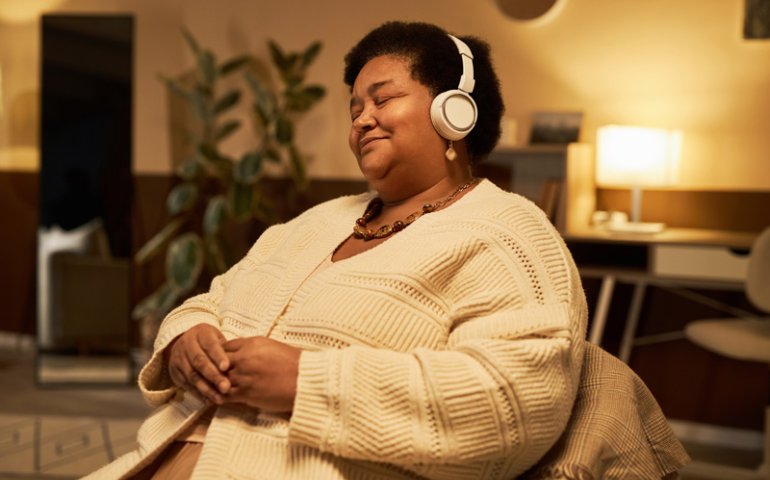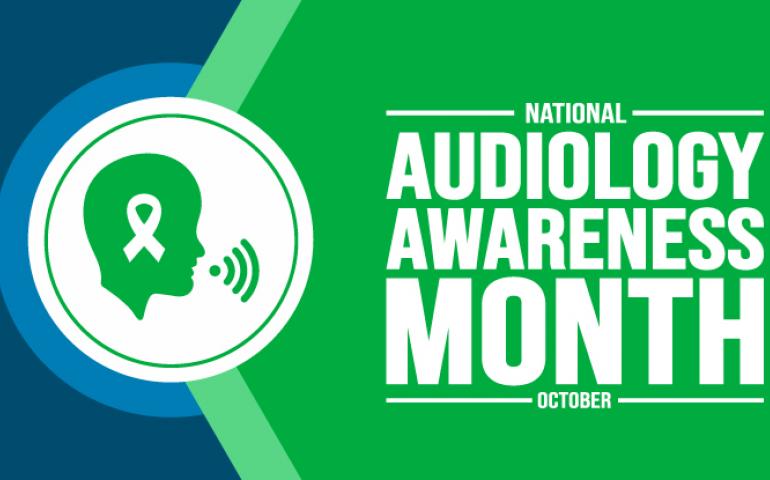Can Cold Weather Cause Hearing Loss?
We all know that cold weather can wreak havoc on the human body. From a stuffed-up nose to chapped lips, it can be quite irritating being outside in adverse weather conditions. While it may be second nature to throw on a beanie cap and some chapstick, that's not all you should be concerned about. The cold weather can also wreak havoc on your ears.
Cold Weather and Your Ears
When you head outside in the frigid temperatures, it doesn't take long for your ears to feel like they're frozen. Very similar to the makeup of your nose, your ears are constructed mainly of cartilage. They don't have a whole lot of insulating fat to keep warm in colder conditions. When your ears are directly exposed to the cold, meaning temperatures below 59 degrees Fahrenheit, their blood vessels begin to constrict. This is an attempt of your body to consolidate the warmth in your ears. However, it makes them more susceptible to cold weather. When the nerves in your ears become extremely cold, they will send a strong pain impulse that feels like a pain inside your ear.
The Connection of Cold Weather and Hearing Loss
While being out in the cold weather every now and then with unprotected ears won't result in hearing loss, doing so frequently just might. Exostosis is a condition in which the body experiences bone growth in the ear canal. This is a natural response of the body to attempt to block out cold air from coming into the inner ear. This condition is most commonly seen in people who spend a lot of time in the cold outdoors without ear protection. These people include skiers and snowboards. When people have exostosis, it is very difficult for excess water, ear wax, and dirt to drain out of the ear. This can lead to an increased risk of ear infections, which may lead to permanent hearing loss. Typical treatment of exostosis is removing the new bone growth via surgical intervention.
Tips For Protecting Your Ears
Whenever the temperatures dip down to 59 degrees or below, it's necessary to wear ear protection. You want to opt for some type of ear protection that covers the entire ear. Avoid using in-the-ear protection as that won't keep the ears completely warm. Some great protection options include earmuffs and hats that cover the ears.
Contact Us Today
If you're currently experiencing hearing loss, it's time to get the problem evaluated by one of our hearing care specialists at Beltone South in Tennessee. They can assist you in determining the right hearing aids to help enhance your ability to hear the environment around you.






